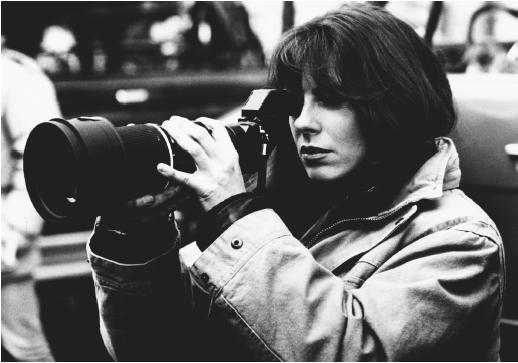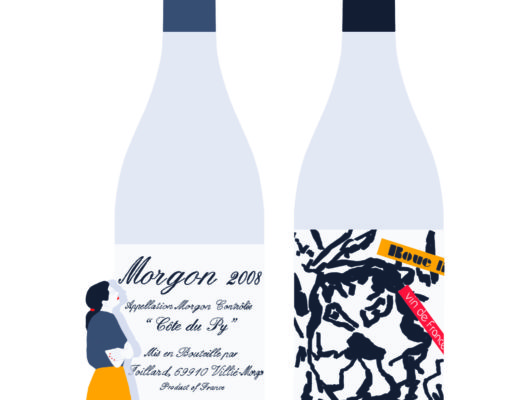Kathryn Bigelow’s Oscar win is historic and commemorates the strides women are making in traditionally male-dominated industries. I admit, I didn’t have a very strong reaction to her win. I would say that it’s because I hadn’t yet seen the film for which she was being honored, but there was something else that rubbed me cold about her win. It wasn’t about the quality or originality of the film but rather that in order to win, Bigelow had to make a “manly” film. Is there anything inherently wrong with a woman directing violent war films? Not at all. There is, however, a problem with the widely accepted opinion that in order to be recognized by the academy, a film must be profound, irreverent and disheartening.
In a recent article that looked critically at Ms. Bigelow’s win, Martha Nochimson argued that other female successful film makers such as Nora Ephron and Nancy Meyers, have endured summary dismissal because their films are about women (aka “chick flicks”), and furthermore they produce the only kind of film that offers female audiences stories about female friendship.
This got me thinking. Why don’t “chick flicks” receive higher acclaim? Because they don’t depict urban war violence, the slums of India or homosexual cowboys? I’m not usually a fan of romantic comedies. I don’t particularly have anything against light-hearted life-affirming plot lines, enhanced romance, the mythical edifice of true romance or the idea that love will resolve all life’s obstacles. As someone who is able to think critically, I know full well that the genre provides a sense of escapism, helping us to deal with the tough realities of everyday life, albeit temporarily. Just as aspirational images in women’s magazines sell a fantasy, regardless of how unattainable, so does romantic idealism. These films were constructed around the idea of hope because lord knows, we all need it – men included.
What I dislike is the growing trend of trite formulas and laughable acting. This is part of the reason why, despite Ephron’s mega-success with “You’ve Got Mail” (my favorite), “Sleepless in Seattle” and, most recently, “Julie & Julia, romantic comedies are immediately dismissed. I enjoyed “Julie & Julia” but I strongly feel that it was only nominated because Meryl Streep was in it. Replace her with anyone else and it wouldn’t have even been considered. Rom coms are just not made the way they used to be. The relatability of “When Harry Met Sally”, the charming “Keeping the Faith” and the more unconventional and original “Eternal Sunshine of the Spotless Mind” have been replaced with extreme duds like “He’s Just Not That Into You”, “How to Lose a Guy in 10 Days” and anything featuring Jennifer Lopez. These films take themselves too seriously. I’m not suggesting that classic romantic comedies deserve to win academy awards for their concepts or even the acting, but there IS a reason I will watch Tom Hanks and Meg Ryan bump into each other all over New York, discussing the beauty of freshly sharpened pencils, multiple times a year. Nora Ephron knew how to frame each scene and turn a simple screenplay into something that warmed the hearts of many people. No guns, no violence, no obscenities, just harmless, turtle-neck loving Meg Ryan light-heartedness.
As for calling Bigelow’s Oscar a win for feminism, let’s get one thing straight. Feminism isn’t about female triumph or superiority over men but rather about equality between the genders. Perhaps when the academy deems oscar-worthy a film by a female director that revolves primarily around the female struggle to be taken seriously or to be treated as an equal, we can claim victory.
Until then, I’d rather hang out at the shop around the corner….












